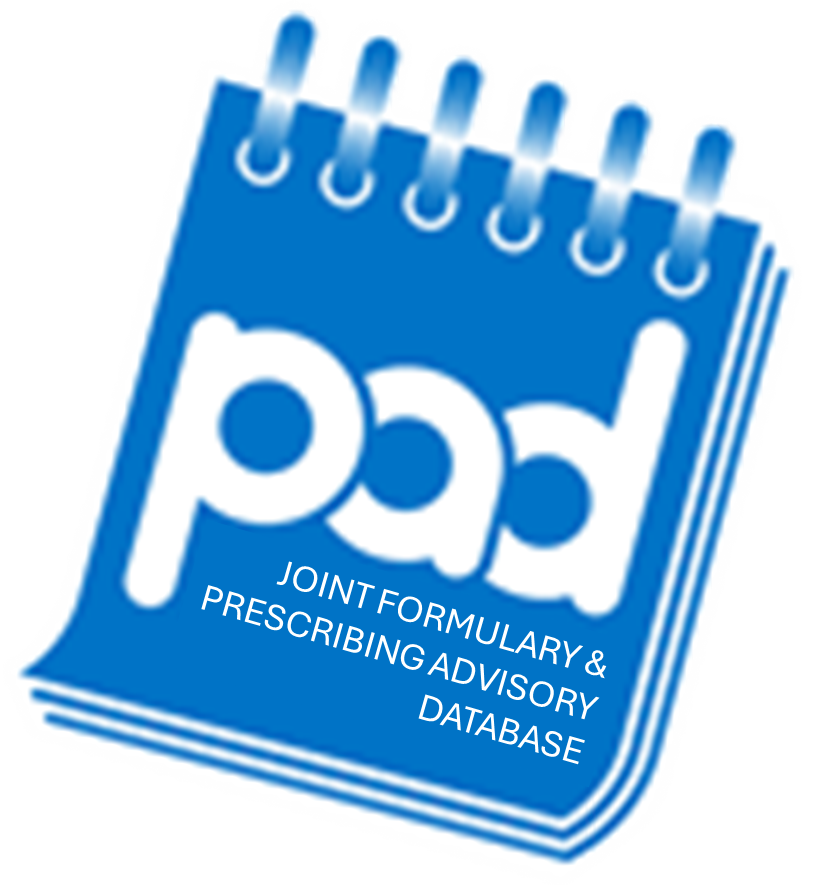
Risankizumab - Inflammatory bowel disease
You are here : Home > Formulary Search > Risankizumab - Inflammatory bowel disease
Status 1
- Intravenous infusion
- Subcutaneous injection (sc)
Documentation
PAD Profile
Committee Recommendations (3)
The Surrey Heartlands Integrated Care System Area Prescribing Committee has agreed the reviewed and updated IBD immunomodulator pathway, which is to be found in the IBD guidelines page.
The Surrey Heartlands Integrated Care System Area Prescribing Committee (APC) approves risankizumab as a treatment option in line with the recommendations made in NICE TA998, for treating moderately to severely active ulcerative colitis. Risankizumab for this indication will be considered as RED on the traffic light system (treatment should be initiated and continued by specialist clinicians). Primary care prescribers should ensure that patient medication records include any medicine for which prescribing remains the responsibility of secondary or tertiary care. This will ensure that GP records, which are accessed by other healthcare providers, are a true and accurate reflection of the patient's medication.
The Surrey Heartlands Integrated Care System Area Prescribing Committee (APC) approves risankizumab as a treatment option in line with the recommendations made in NICE TA888, for previously treated moderately to severely active Crohn’s disease.
Risankizumab for this indication will be considered as RED on the traffic light system (treatment should be initiated and continued by specialist clinicians).
Primary care prescribers should ensure that patient medication records include any medicine for which prescribing remains the responsibility of secondary or tertiary care. This will ensure that GP records, which are accessed by other healthcare providers, are a true and accurate reflection of the patient's medication.
Other Indications
Below are listed other indications that Risankizumab is used to treat.
Other Drugs
Below are listed other drugs that are used to treat Inflammatory bowel disease.
